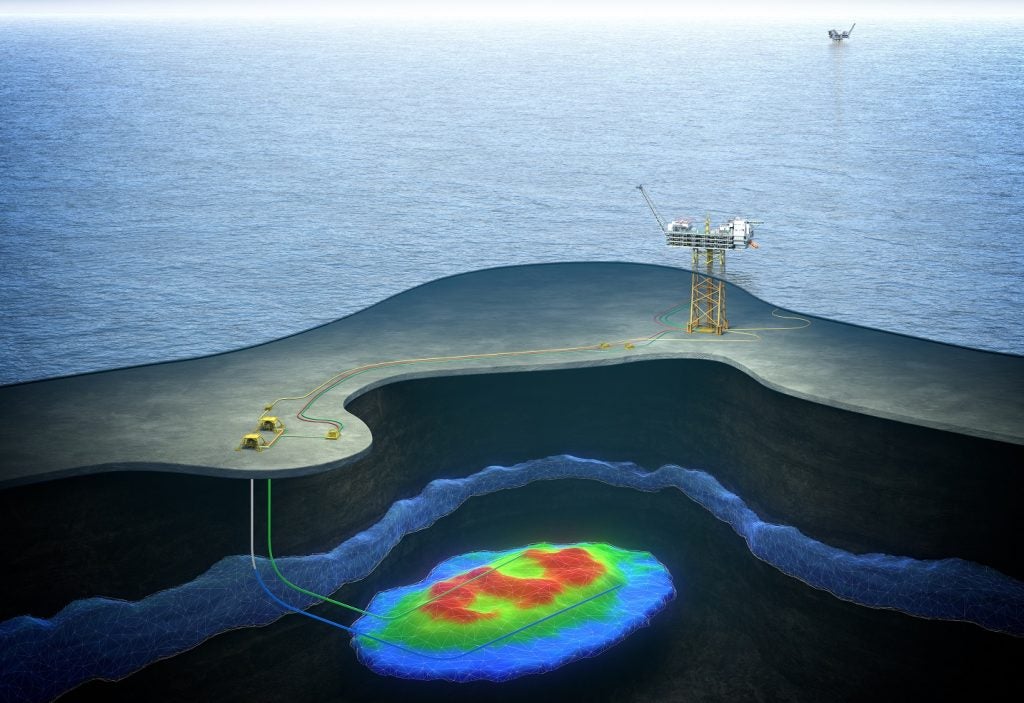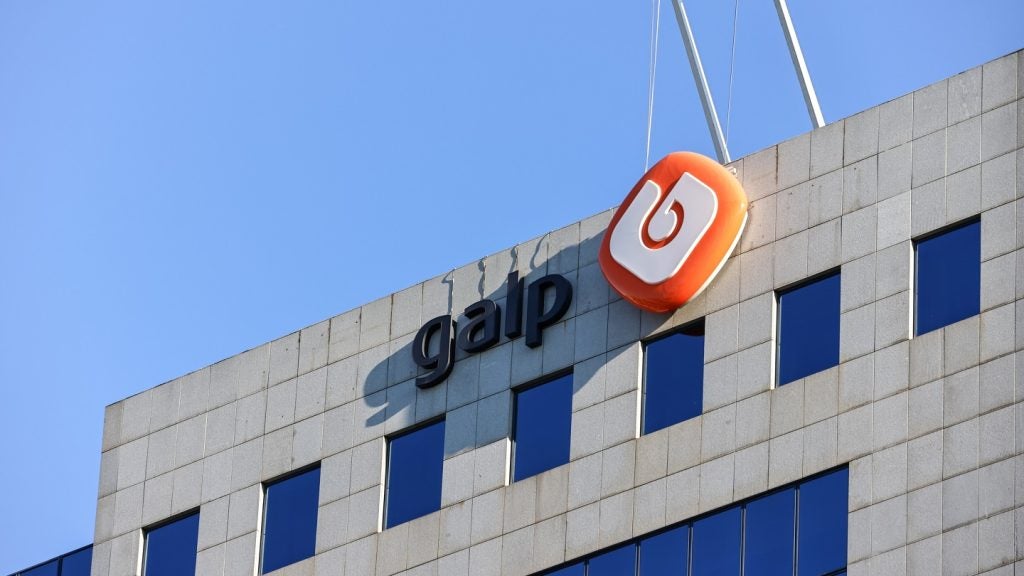Tendeka has completed a successful field trial with a major operator to test its sand control technology Cascade³.
Cascade³, a well screen and flow control completion system, blocks sand production caused by adverse flow conditions such us back-flow, cross-flow and water-hammer during shut-ins by utilising intrinsic check-valves built into the lower completion.
The tool’s high-density array of non-return valves enable high injection rates with low back pressure.
The three-year R&D project was initiated in 2014 by the operator in partnership with Tendeka to develop a cost-effective solution to increase life expectancy of water injection wells and improve oil production and recovery.
Tendeka chief technology officer Annabel Green said: “The overall objective of Cascade³ is to prevent the production of sand into the well bore in water injection wells.
“Conventional sand control techniques are often not effective in the transient conditions that exist when injection pumps are shut-down, and many injector wells can suffer a loss of injectivity due to sand fill.
How well do you really know your competitors?
Access the most comprehensive Company Profiles on the market, powered by GlobalData. Save hours of research. Gain competitive edge.

Thank you!
Your download email will arrive shortly
Not ready to buy yet? Download a free sample
We are confident about the unique quality of our Company Profiles. However, we want you to make the most beneficial decision for your business, so we offer a free sample that you can download by submitting the below form
By GlobalData“Deploying Cascade3 not only eliminates this failure mode but it also means that more expensive gravel packing solutions are not required.”
The project ended in March with a field trial in a saltwater disposal well in the Permian Basin, West Texas.
As this contained unfiltered and untreated produced water, it provided a suitable test lab to examine valve performance.
Evaluation of the capabilities of Cascade3 technology was carried out by simulating the effects of water-hammer and cross-flow, and exposing the equipment to long-term injection in a downhole environment.
The well now has been put on full-time water disposal duty to observe the long-term effects of injection on the valves.
Green added: “Without sustained water injection, several offshore Gulf of Mexico fields are at risk of losing production as reservoir pressure falls below the bubble point. The field trial has shown that this technology can safeguard injection rates over a longer period of time.”
“The potential CAPEX savings related to fewer injection wells drilled or re-drilled over the life of these offshore oil and gas assets is considerable. This relatively simple and easily installed technology will provide operators with improved pressure support and sweep, ultimately increasing oil recovery.
“Although developed for the extreme environments in the Gulf of Mexico the same issues are encountered in many oil producing basins and the technology can be broadly applied.”
Presently, Cascade3 is slated for installation in three wells in Africa, and plans are underway for its implementation at a deepwater asset in the Gulf of Mexico.





